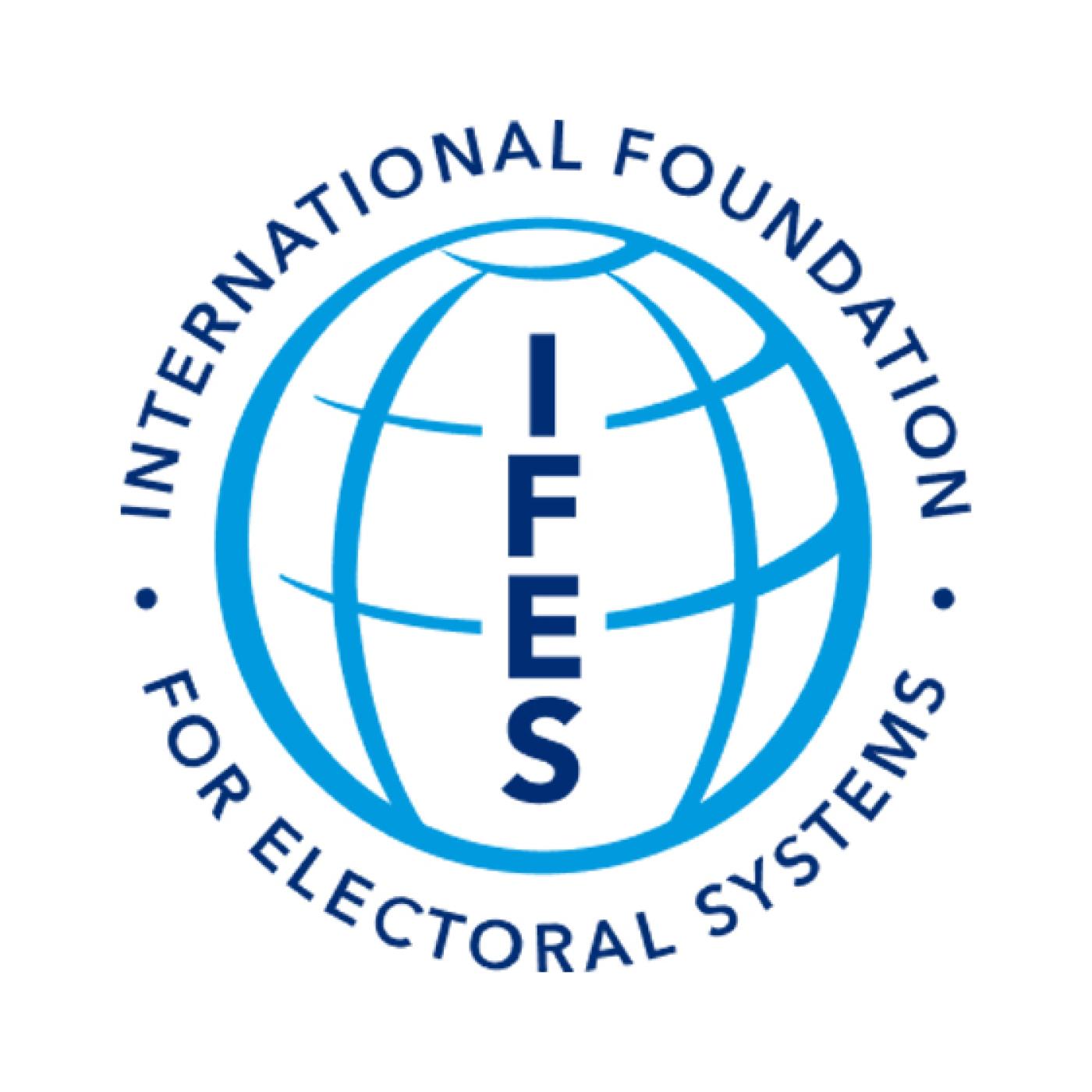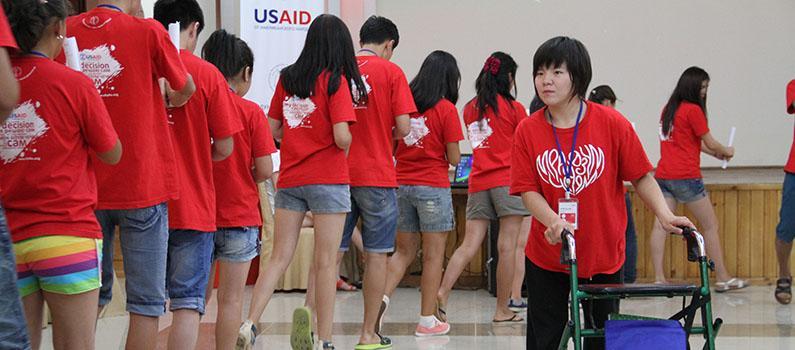
Kyrgyzstan Political Process Program
Following a period of transition in April 2010, when a series of protests led to the ouster of an increasingly authoritarian government, Kyrgyzstan entered a period of significant electoral and political reform. This reform included a new Constitution, change to a parliamentary democracy and the peaceful transition of presidential power in December 2011. This program sought to help Kyrgyzstan further consolidate its efforts to build democracy through strengthening the responsiveness and sustainability of local institutions.
Under this project, IFES worked to enhance the sustainability of electoral administration in Kyrgyzstan, including Central Election Commission (CEC) operations between election cycles, improve the accuracy and systematization of procedures governing updates to the voter registry and increase youth civic awareness and participation.
Key Outcomes
Improved Capacity of Election Administrators
IFES contributed to the development of more professional election administration, which oversaw the country’s first somewhat positive electoral assessment by international election observers since 2006 – the 2015 parliamentary elections – and significantly increased voters’ confidence. Over 14,000 election officials were trained over the five years through IFES’ training of election management bodies.
Strengthened Election Code
IFES provided electoral legal reform recommendations that led to five positive changes to the Constitutional Law “On the election of the president and deputies of the Jogorku Kenesh” adopted in 2015. In addition, IFES assistance to Laboratory of Electoral Risks and the International Experts Club, which included participation from government officials, legal experts and political party representatives, resulted in a series of white and green papers that formed the basis for subsequent electoral reforms.
Improved Electoral Procedures
Over the course of the program, IFES recommendations and technical interventions led to the strengthening of 24 electoral procedures and systems, including improving voting procedures abroad to increase the number of voters participating in elections. The recommendations improved the procedures for identifying voters, as well as proposals to legally regulate of the work of State Registry Service (SRS) operators in the electoral process.
Increased Integrity of Voter List and State Registry Service
IFES assisted in improving voter registration practices through direct training for the SRS, which led to greater confidence of voters that the elections included broad participation of Kyrgyzstani voters. During the program, over 220 SRS officials were trained and 15 actionable recommendations from IFES to improve the accuracy of voter lists were made, adopted and later implemented by the CEC and SRS.
Expansion of Innovative Youth Civic Education
IFES’ work with youth and young adults through Democracy Camps and extracurricular activities contributed to a motivated, active group of civically minded people, able to hold elected leaders accountable. During this project, 558 students participated in the Democracy Camps, and 443 Democracy Camp alumni conducted oversight, engagement or educational activities with IFES’ support. At the height of its activity during this project, the Democracy Camp Alumni Network garnered 340 active participants.
Development of Civic Education Sourcebook for Teachers
As a result of IFES’ continuous cooperation with both the Ministry of Education and Academy of Education, 2,400 digital copies of the developed Civics Education Teachers Sourcebook were disseminated to schools across Kyrgyzstan. The sourcebook and civic education course are a legacy project that began in 2001 with IFES launching a civic education course and textbook for secondary schools in multiple languages, which became a “recommended” course through the Ministry of Education.





